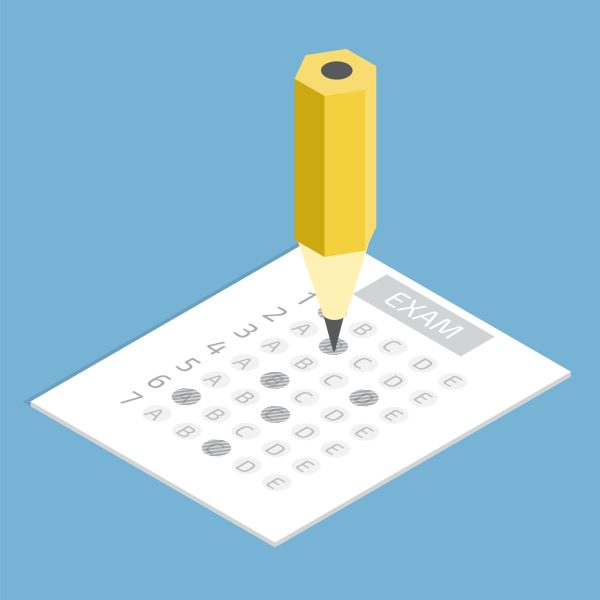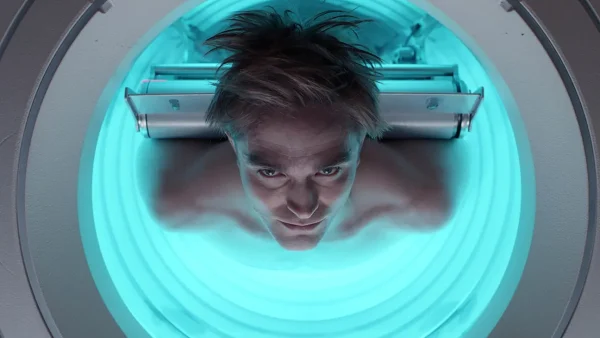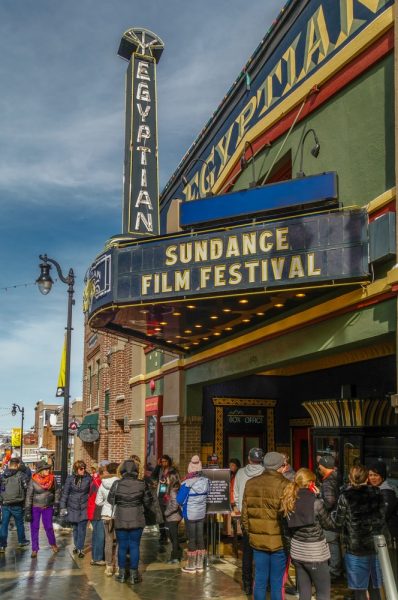Let’s Talk Politics (Or Try To)
How much do Herriman High students really know about politics?
What are your thoughts on the midterm elections? “We had midterm elections?” Responded Herriman High senior, Kaylee Evans. Her answer reflects many students’ thoughts at school. It seems that students here in Herriman High are growing out of touch with politics. Everybody knows who the current President of the United States is, though not everyone can name what political party he belongs to, who his Vice President is, or what they’ve done in the office.
I made a form to Mr. Mcgee, a U.S. Government teacher here at the school, consisting of fourteen questions each worth two points, seven of them being about national politics and the other seven being about state politics, to test the literacy of students here in Herriman High. Most questions consist of correlating a politician and their political party. Some questions ranged from facts about a person’s position in the government to Supreme Court cases. 136 Herriman High students took this quiz, resulting in an average of 9 points out of 28.
Only three questions on the form managed to garner correct answers over 50%. The most correctly answered question was concerning the political party of current President Joe Biden, with 83% of respondents correctly answering Democratic. The next most correctly answered question was what political party Utah usually votes for in presidential elections, with 71% of respondents correctly answering Republican. With a drastic difference, the next most correctly answered question, with 52% of respondents answering correctly, was asking about who the current governor of Utah is, that being Spencer Cox.
All of the other questions, ranging from how much representation Utah has in the House of Representatives to various Supreme Court decisions, have much fewer rates of correct answers, each under 50%. Few students, for example, know who became the new Speaker of the House after a rare 15 rounds of voting (27% accurately answering Kevin McCarthy), and a similar number of people were able to name the preceding Speaker (30% accurately answering Nancy Pelosi).
Only 10% of respondents were able to name a representative other than Burgess Owens (said representative being Blake Moore, though 10% of respondents also guessed Brandon Sanderson). To be fair, 45% of respondents knew that Burgess Owens was Herriman’s representative.
The two most missed questions both had something to do with either the national or state Supreme Court. Only 18% of respondents knew what the Dobbs v. Jackson case was – a fairly small number considering how important the decision was. Even fewer people – 9% – knew what the Utah Supreme Court case of Roe v. Patton was. Though some can come up with a fair reason as to why some people know little about Supreme Court cases since they occur infrequently, why is political illiteracy so prevalent, particularly in students?
Christian Mcgee, a U.S. government teacher here in Herriman High, said that “there are large portions of our population that are politically illiterate, and many people are fine being that way.” Mcgee says that politics, especially in these days, can be overwhelming, so many people – not exclusively students – give up on trying to understand them. He also offers the explanation that “most [teenagers], their political views are based off of how they’re raised. Usually it follows the parents’ political views, and if the parents are politically illiterate then the children will be too.” Troy Jensen, another U.S. government teacher here in Herriman High, says that the concept of each state having its own government is foreign to many students. “Students struggle with the concept of what the state legislature is,” he says.
Another influence when it comes to political illiteracy in the school, according to Jensen, is diversity. “If you live in a metropolitan area,” he explains, “most often you’re going to vote Democrat. . . . But if you are a rural voter, . . . you’re most likely going to vote Republican.” When looking at maps of recent presidential elections, it’s clear that Jensen’s claims are consistent with reality, with the more developed northeast voting primarily Democrat while regions like the midwest typically voting Republican with few swing states. In recent years, Herriman High has become a more diverse and urbanized school.
But why is political literacy important in the first place? For teenagers approaching the voting age, it’s very important, since the youth of the nation make up the largest voting group of all other demographics. “Last presidential election,” Jensen explains, “there was over two billion dollars spent on social media political ads. . . . That’s targeting youth.” A lot of the advertising, Jensen says, is misinformation. “Being self-aware and understanding what you’re voting for or who you’re voting for is so important” because of all of the misinformation spread. Mcgee shares a similar sentiment, though this extends outside the realm of voting and enters the field of government participation. “It’s important to understand how politics work,” Mcgee says. “It’s the duty of every citizen to participate in the political process in our country. That’s what democracy is.” A common quote that students of Mcgee’s class may have heard once or twice throughout his class is that “power comes from the people,” alluding directly to his strong belief in government participation.
So if political literacy is so important, how can it be improved? The answer, to Mcgee and Jensen, is simple: the government class. To Jensen, a semester-long government class is ineffective to learn and understand all of the intricacies involved in the U.S. political and government system. To Mcgee, it’s more than just a class. Having an open mind is crucial to greater political knowledge. It all goes back to Jensen’s comment about the radicalization in the school as it grows more diverse.
Another crucial aspect to political illiteracy – and life – Mcgee stresses is effort. What’s the point of a government class, arguably the most important class one can take in school (“What you vote for makes more of an impact on your life than taking a full year of other courses,” Jensen argues), if you don’t put in the effort to actually learn something? The most effective way to improve political literacy is effort, a desire to learn. More so than Mcgee’s quote about power being vested in the people, a guaranteed quote his students will hear regularly is simple life advice: “We get out of it what we put into it.”







